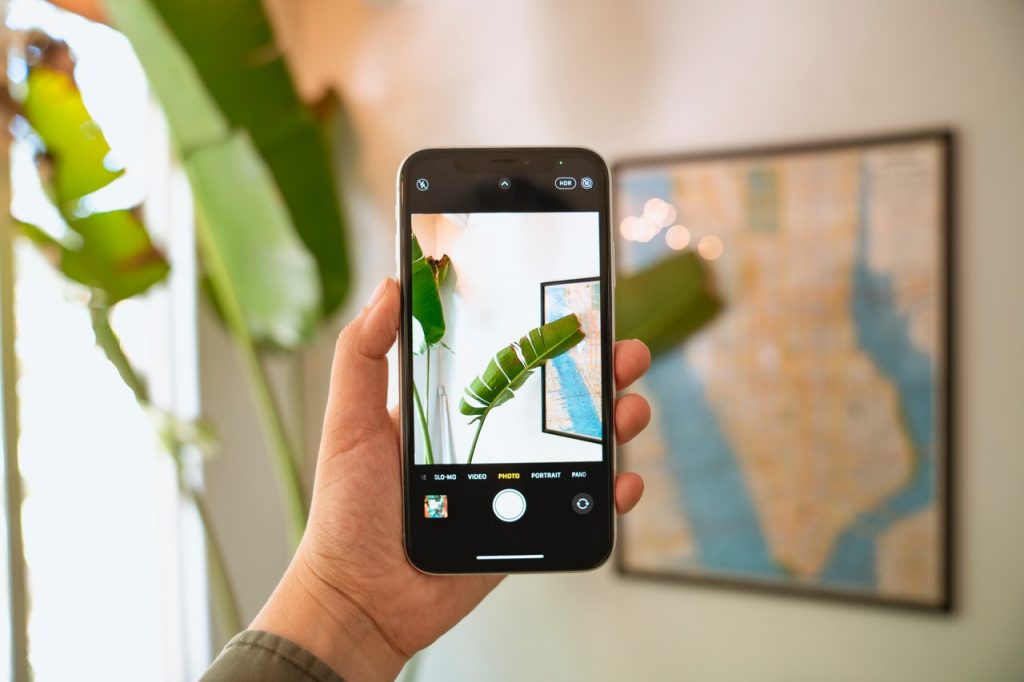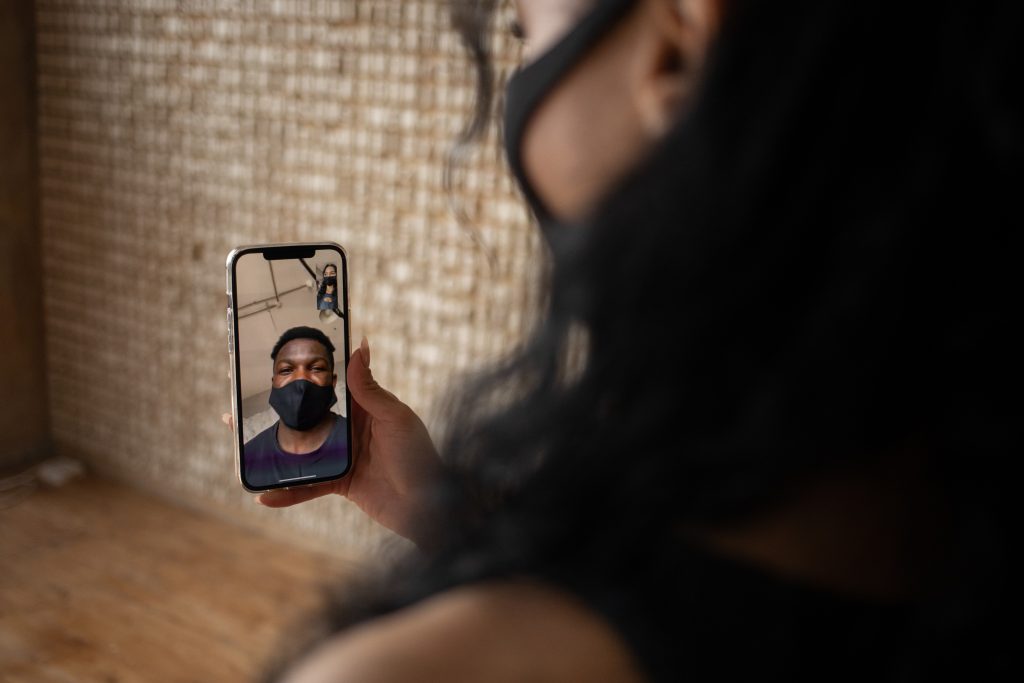You’re in the market for a new phone and you want to make an informed decision. You’ve seen some great deals on phones that are already out, but what about those coming out soon? What should you keep in mind when buying a new phone?



How often do you use your phone for the internet, texting, or taking pictures
What do you primarily use your phone for? This will help you narrow down your new phone choices. Firstly, you don’t want to buy a new phone that you’ll barely use. If your current phone is older and doesn’t do these things much at all, worse, you don’t need these features then you probably shouldn’t buy a phone loaded with them. But if you want a phone that’s great at everything, like browsing the Internet, messaging, and taking pictures, then you should consider phones with all these features. Perhaps you travel regularly or you need a phone that works on many different carriers. In either case, you want an unlocked phone so it can work with other networks and give you coverage wherever you go in the US or globally. You should know that most phones are not unlocked at purchase. To get your phone unlocked you’ll need to buy an unlocked version or have your phone unlocked by your carrier. You can also get your phone unlocked later if you wish.What size screen do you want?
There are so many sizes offered on the market today that it’s hard to know which one works best for you. Bigger is not always better, so it’s an important detail to consider before buying a new phone. There are two main screen sizes you’ll see:- Smaller screens (4 inches, 4 .5 inches) are more compact and easier to carry around but they don’t offer as much screen space or resolution for playing games or watching movies.
- Larger screens ( 5 inches, 5 .5 inches+) are larger for easier viewing but they’re bulkier and harder to carry around. They also typically offer lower resolutions.
What size phone do you prefer?
There aren’t any right or wrong answers to this one, it’s entirely up to what you want and what will work best for your needs.What is your budget for the phone?
Phones come in a wide range of prices. Before you start looking at phones, decide how much money you want to spend and stick to that. If you just need a simple phone for emergencies, then buy an inexpensive one instead of a high-end model. There are lots of choices across all price points.What payment plan do you want?
All prices quoted will be the full price of the phone. You’ll also want to consider if you’re going with a carrier who offers installment plans or leasing plans for purchasing a new phone. If so, these costs are factored into monthly payments and that can make your monthly bill more expensive than you thought it would be.Do you want to buy a phone or pay for one in installments with your carrier?
Because there are advantages and disadvantages both ways, it’s vital that you compare the options before making any decisions. The monthly cost with an installment plan may be slightly higher than if you were to buy the phone outright.Are there any features on the newer phones that would make life easier for you (i.e., fingerprint scanner)
Are there any features on your old phone that you find yourself wishing you had? If so, you should try to find some of those features on the new phone. Maybe a fingerprint scanner or other security features will make life easier for you and keep your information safe. Perhaps you are concerned about radiation exposure. There are phones that let you know the SAR value of the equipment you are using. This value expresses the level of radiation you are exposed to when using that particular phone.What kind of contractual arrangements are you interested in?
Phones usually come tied to carriers in the US. You’ll need to decide if you want to sign a year-long contract, a no-contract plan, or an installment plan with your carrier(s). There are advantages and disadvantages of each one also which include:- Contract plans: allow you to get new phones at a lower price but they require that you have good credit history and agree to stay with your carrier for a year. If you cancel early, there are often fees that may be high.
- No-contract plans: usually result in the cheapest price for the phone but usually require some sort of deposit or even full payment ahead of time. They also allow you to switch carriers at will if you find a better deal.
- Monthly installments: allow you the lowest monthly phone bills but most require credit checks and some carriers may even charge a higher price to use their installment plan. You can switch carriers with an installment plan if you find a better deal.
Battery life
Is battery life important to you and how does this compare between different models? Some phones have a much longer battery life than others so it’s definitely something to consider before buying a new phone. Is your phone’s battery draining quickly? Many new phones come with advanced features which may drain the battery quicker than older models. If this is an issue, you’ll want to find a model which offers better battery life or see if there are any ways to extend your phone’s battery life.














